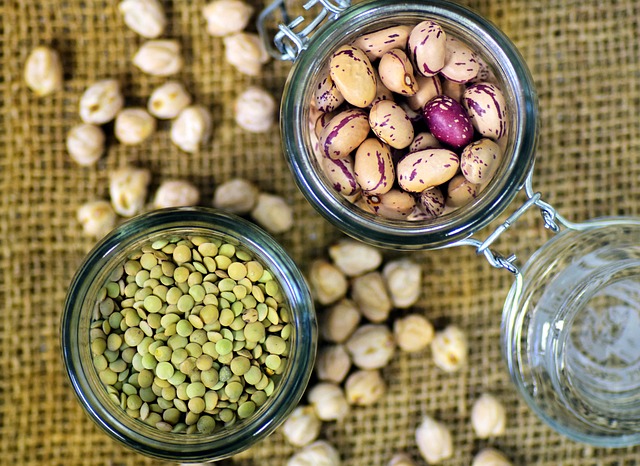9th March 2023 – by Aaruthy Suthahar

Researchers from TwinsUK have found that rather than being protective, high protein intake is associated with loss of muscle mass in healthy over-60s.
This surprising finding comes from a study of 3,302 twins from the TwinsUK cohort.
Sarcopenia is associated with ageing and occurs when there is an accelerated loss of skeletal muscle mass and function. This can lead to negative outcomes such as frailty, reduced function in day-to-day activities, and increased risk of falls. The study aimed to investigate factors linked with skeletal muscle strength, mass and sarcopenia, particularly intake of protein, and to evaluate if shared twin characteristics are important.
The team studied twins who consumed the optimal recommended protein intake as the reference group (1.0–1.3 g/kg/day) and found that there was no significant link between protein intake (neither high nor low) and low muscle strength, or between low intake of protein and sarcopenia.
Results showed that high protein intake on the other hand was associated with decreased muscle mass, while low protein intake was protective. High protein intake was also linked with sarcopenia, even after adjusting for demographic, anthropometric (physical measures of a person’s size, form, and functional capacities) and dietary factors.
The study also found that the strength of muscles is linked with age, education, income, diet, appetite and diversity in the gut microbiome. However, the link between muscle strength and weight, body mass index, healthy eating index, protein intake, and gut microbiome diversity were not significantly influenced by shared twin factors. This means that treatments targeting these factors may be effective in preventing or treating sarcopenia.
First author Dr Mary Ni Lochlainn explains:
“We know high quality protein intake is essential for muscle health, however, it is important to consider that not all sources of protein contain the full range of essential amino acids, and that it may be important to eat some sources of protein in moderation.”
“While our participants were healthy volunteers, the results give valuable insight into the link between diet and sarcopenia. Further research is needed to investigate this further, including looking at longitudinal data in cohorts with an increased number of participants who live with sarcopenia.”






